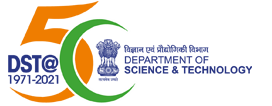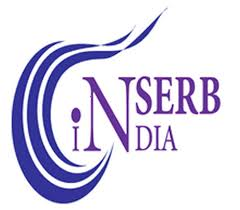About the workshop
About the workshop
Need of the workshop
The 21st century has witnessed rapid developments in medical knowledge, medical devices, pharmaceutical and biotechnological technologies. The first two decades can be defined as the period of the big boom in research, especially in India. The fair amount of infrastructural resources combined with adequate trained personnel and the huge population has provided the necessary fertile ground for research industry to flourish. Research Pressure has also built up due to immense weightage given for this activity in academic circles leading to unethical clinical researches and publication malpractices. Lack of proper knowledge and training in the field of medical ethics is often the reason for such occurrences. In this world of “publish or perish”, it becomes imperative to train the young minds to take forward the baton of clinical research in the right direction for the scientific/medical advancement. Providing only scientific and medical knowledge may not serve to disentangle the complex texture of ethical issues pertaining to clinical research.
What’s unique about RCR?
RCR or Responsible Conduct of research as it stands for is to carry out research in the most ethical yet scientific way where researcher and the research team take responsibility for the conduct of the research with honesty, transparency and integrity. While the broad concepts of research ethics still seems to rest on the four basic principles, many practical concerns, undertones of the concepts have come up in the last decade. In India this is apparent with both regulatory and biomedical research guidelines having undergone revision in the last 4 years. While guidelines do provide clarity on what is ethically right and wrong, novice researchers face practical difficulties in applying these principles during the conduct of research. Hence, a holistic multi-dimensional workshop involving humanistic approach is required to sufficiently equip these young researches with the complexities of ethical dimensions in research along with the required skill training for the appropriate conduct of research.
The FORECORE Workshop
The FORECORE Workshop which stands for the “FOstering of REsponsible COnduct of Research and Ethics in Health Sciences” is an in depth skill training workshop for the future researchers of the country specifically from the areas where sophisticated training is lacking . The workshop will be spread across an 8 days’ time frame tentatively from January 18th 2021 to January 25th 2021. The course covers broad areas on principles of research ethics, study designs in research, ethics committee, ethical principles in carrying clinical research, regulatory requirements, establishing research collaborations and transparency in research, budgeting and applying for funding of research proposals and publication ethics. The participants will not only be educated on the general ethical aspects revolving clinical research but also trained to work on questions that stem from their own clinical research experiences as well as on predesigned mock scenarios developed by trainers/experts and to exercise conceptual tools for better analyzing of possible complex ethical scenarios across an array of clinical and social situations. The course material, that consist of introductory educational materials on the topics that will be covered during this workshop will be prepared by the concerned experts who will be handling the talks/hands on session. During the hands-on training sessions, the participants will be asked to analyze the case while working in small groups of 5-6 using the material they have been introduced on the previous day
Assessment and certification
Pre post assessment with about 50 MCQs will be provided which will assess knowledge, analytical and problem solving set of questions. A score of 80% and above will be eligible for the certificate. In addition the participation in the workshop will also be graded to add a qualitative remark in the assessment.




